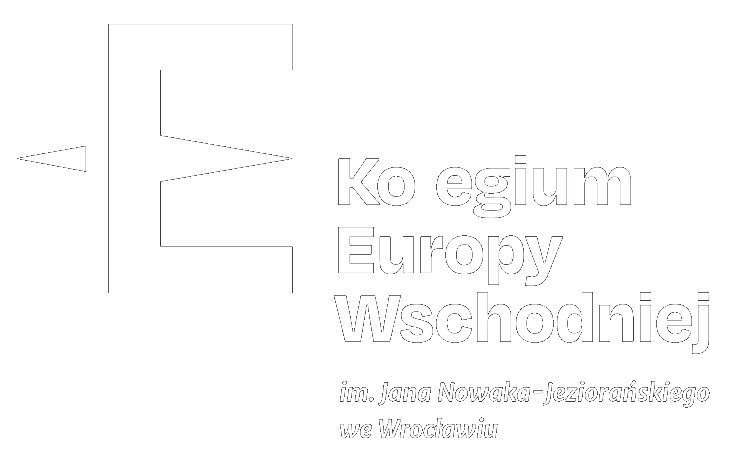The debate featured:
– Germany: Liana Fix, Programme Director for International Affairs at the Körber-Stiftung
– Poland: Marek Menkiszak, Head of the Russian Department at the Centre for Eastern Studies (OSW);
and was moderated by Adam Reichardt, Editor of New Eastern Europe / Jan Nowak-Jezioranski College of Eastern Europe
According to Liana, Putin’s meeting with Biden was a success. They returned to a more predictable policy and prepared for future negotiations by stating its “red lines”. Marek noted that some commentators in Poland considered the approach to Russia as too soft. Nonetheless, the summit was assessed in Poland rather positively, as the Biden administration stressed the need to strengthen US involvement in NATO.
Several challenges that the Biden administration will have to deal with were emphasised. The US as a strong leader that does not ignore its allies. The balance between dialogue and deterrence. The cooperation, not a competition between the US and the EU on the relations with Russia.
Liana and Marek agreed that the West is not able to distance Russia from China. Marek said that the new policy paper on the EU-Russian relations issued by the European Commission is a good step for further discussion. However, he added that hopes for a soon breakthrough might not come true soon. In his opinion, we should be prepared for long-term and uneasy relations. We should not always be the party that reaches out first – sometimes it is worth waiting for the Russian initiative.
Answering the question about Russian isolationism, Liana said about the benefits that come from supporting Russian civil society and the opposition in exile, which can already be seen in the case of Belarus. Marek agreed and emphasised that thinking about Russia we should not only see Putin, but also the people who are sceptical of him. In his opinion, the Russian system of power will erode and collapse at some point.
Speaking about Polish-German cooperation, Liana mentioned the creation of a post-INF treaty security system in Europe. She admitted that the German society generally stands for demilitarisation, and it means that the public will need an explanation of why the dialogue is not enough to build relations with Russia. Another area is negotiating a common green policy with Russia. Marek added support for the Eastern Partnership countries, as well as strengthening NATO’s eastern flank.



